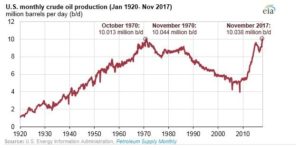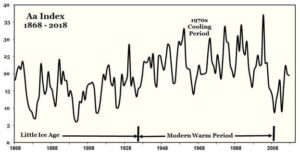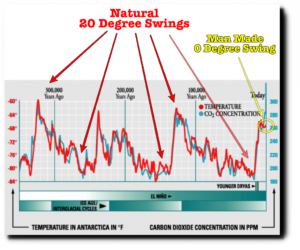by Javier, March 13, 2018 in WUWT
So, you still don’t believe small changes in solar activity can significantly affect climate? You know a very cold period during the Little Ice Age coincided with the Maunder Minimum, but you have heard that the Little Ice Age could have had other causes, like volcanoes. You have been told repeatedly that since 1980 solar activity has been decreasing while global temperature has been increasing, so it can’t be the Sun.
Not so fast. There is a vested interest in climate change not being due to the Sun, as the Sun can’t be taxed or prevented from doing what it does. A further problem is that solar physicists have no clue about how the Sun can show centennial or millennial periodicities. As they prefer to talk about what they know, they reject such periodicities, even though we have evidence in cosmogenic records (14C in tree rings and 10Be in ice cores).
And if I tell you that little changes in the Sun have a disproportionate effect on climate you won’t believe me. You shouldn’t believe me. You shouldn’t believe anybody. Science is not about believing. Religion is about believing. So, I propose that you prove to yourself what effect little changes in the Sun have on climate.





